|
Our brothers careers have been productive, constructive, spirited, and prosaic. They displayed impressive skills, talents, and abilities They were, and we continue to be, a beautiful and lively expression of our enduring fraternal beliefs, and that underlying harmony is far-reaching in expectation for all brothers’, undergraduate and graduate. It is the core of what our fraternal founders asserted in 1848 and 1874 and 1899: to live active, commendable, and responsible lives, and to build up community. Clearly and compellingly, they added, and continue to add, positive value at the local, state, national, global, and fraternal level because they engaged life fully and responsibly. In short, they were authoritative pillars throughout life. They were-are exemplary in their citizenship, character, and their sense of dutiful responsibility, and, in many instances, they were leading voices in their career fields. They prove that success of any kind does not occur by luck or accident, and we remember them because they continue to provide that message for our time. Their spirit permeates our brotherhood, and it always will. We have long been, from one generation to the next, proud to be Omega Mu Fijis. We continue to cherish our fraternal friendships, our shared memories, and our evolving, forward-focused history at the University of Maine. These things, above and beyond everything else, are the underlying rooted connections that make us proud to be Omega Mu Fijis. Why, after all, should we believe otherwise? We have always exhibited a can-do fraternal spirit since 1874. And, to be sure, all present and future generations of Omega Mu Fijis will continue to do the same, with fraternal enthusiasm and commitment. As a brotherhood, we always see the path behind us and the way forward with equal clarity, and our future remains bright at 79 College Avenue because we fearlessly move forward, always guided by sound fraternal principles, and because of that we are an exceptional brotherhood because we remain committed and hardworking to assure that our Omega Mu brotherhood will continue to be the jewel at the University of Maine. Perge. Omega Mu Portrait Philip H. Taylor, 1924 Omega Mu Years Philip H. Taylor, arms folded, standing next to the pillar on the right. Philip H. Taylor, top row, first on the left. Phi Gamma Delta House Was Destroyed On April 2nd, 1924 University of Maine Athlete Ph.D Stanford University Philip H. Taylor earned a Ph.D in International Relations from Stanford University in 1936. World War II Philip H. Taylor served on General Douglas MacArthur's staff during World War II. Supreme Commander of the Allied Forces in the Pacific Theater of Operations, General Douglas MacArthur. Special Orders to Korea, 1950 Special Intelligence Assignments for the C.I.A, 1955-1966 Philip H. Taylor was involved in gathering intelligence, for special operations, for the C.I.A. Syracuse University Philip H. Taylor was a professor of International Relations at the Maxwell School of Citizenship at Syracuse University, and he wrote significant papers about about the Soviet Union during World War II, the occupation of Japan by the United States, the history of Soviet control of North Korea, and the Socialist Party in the United States. University of Wisconsin, Madison Philip H. Taylor was visiting lecturer at the University of Wisconsin in 1948. University of Virginia Philip H. Taylor was a visiting lecturer at the University of Virginia from 1967-1971. Omega Mu Brothers Together Three Omega Mu Brothers. Philip H. Taylor has his hands on Cecil J. Cutts, '25, and Ted Curtis, “What if the space be long and wide, That parts us from our brother’s side A soul-joined chain unites our band, And memory links us hand in hand.” (Phi Gamma Delta fraternity song) Fraternally,
Chip Chapman, ’82 Perge
0 Comments
Leave a Reply. |
Archives
December 2024
Categories |
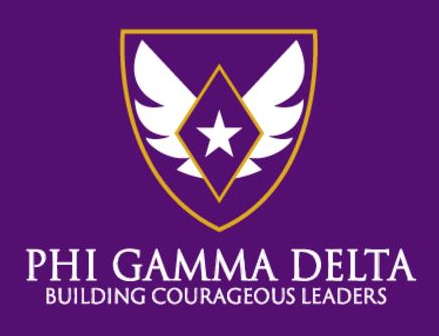
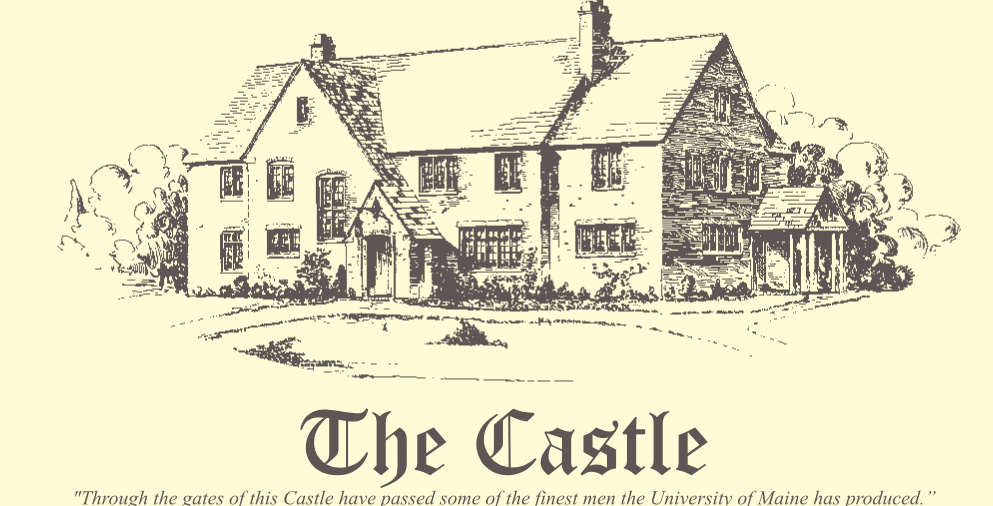
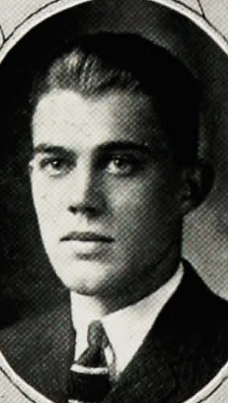
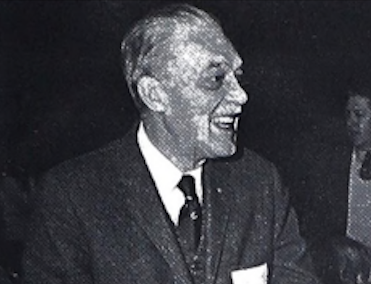

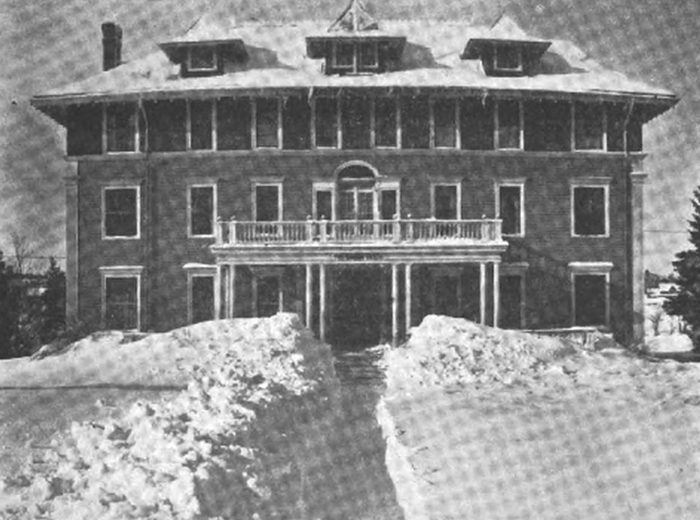
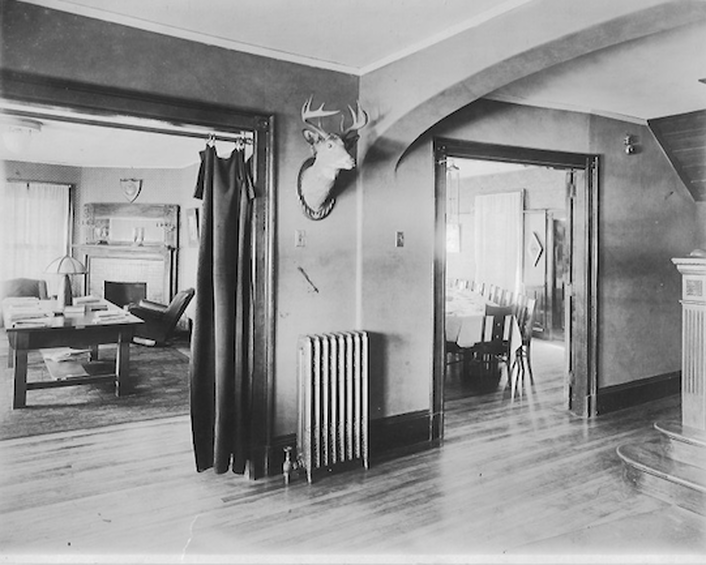
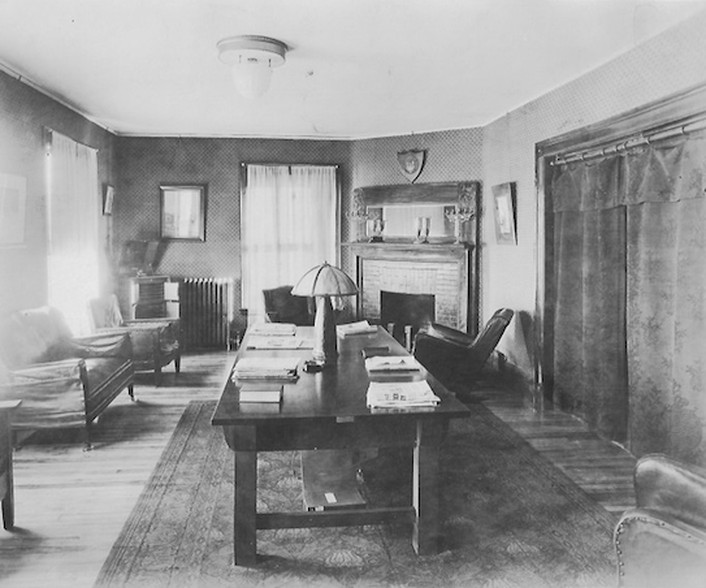
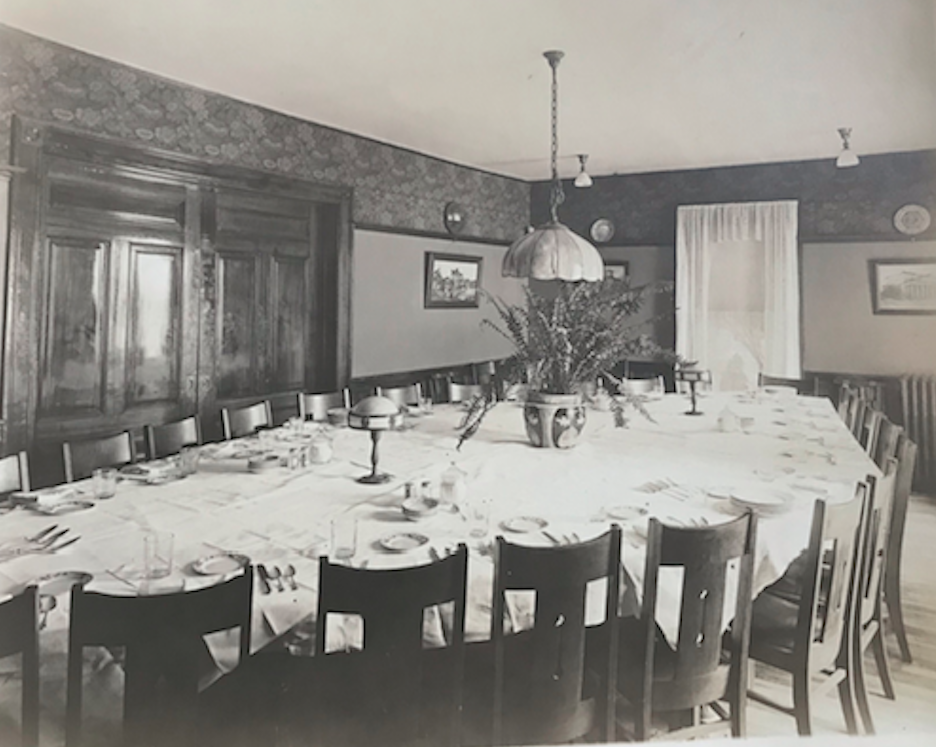
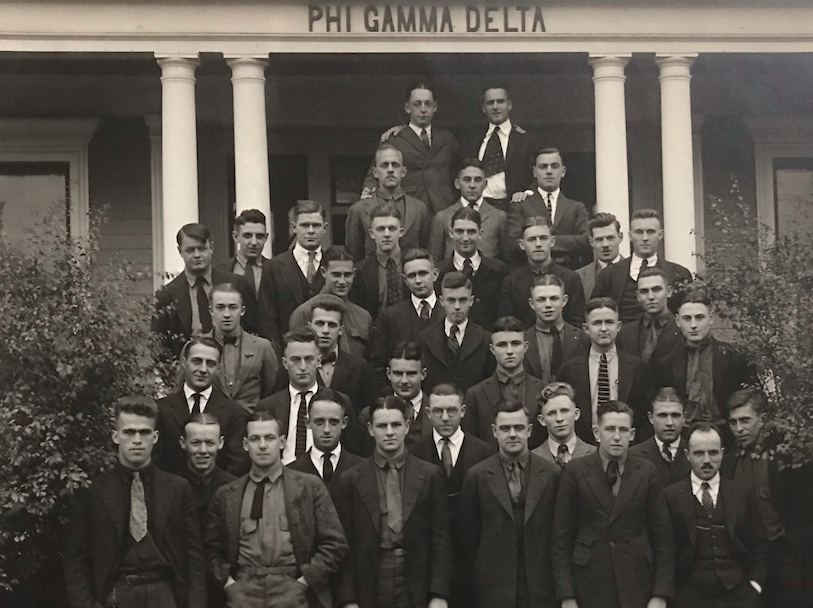
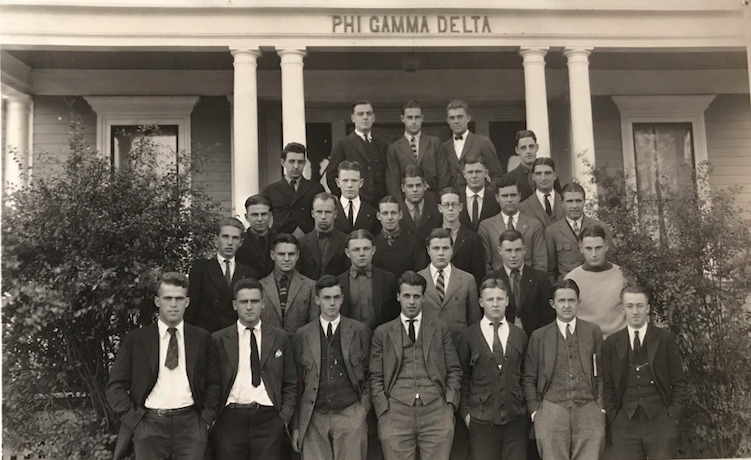
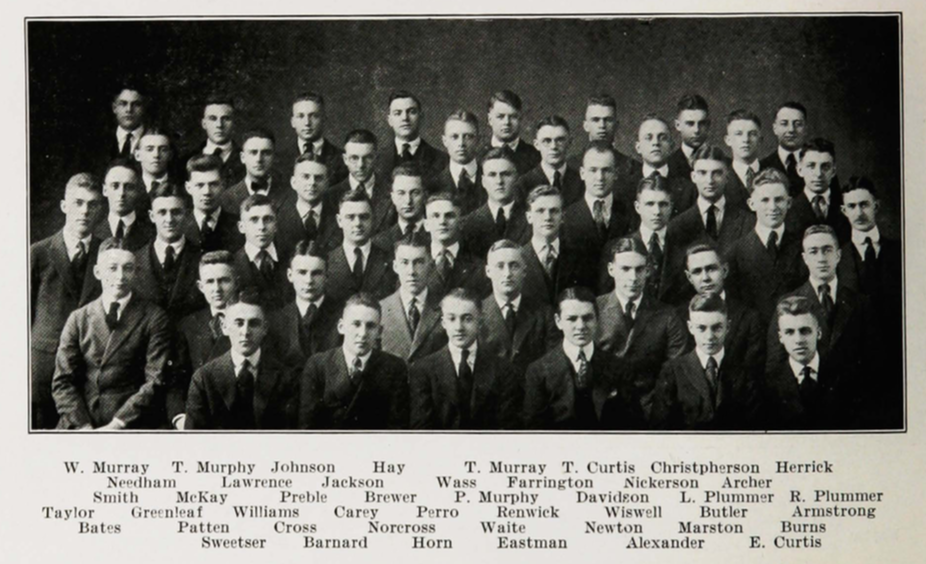
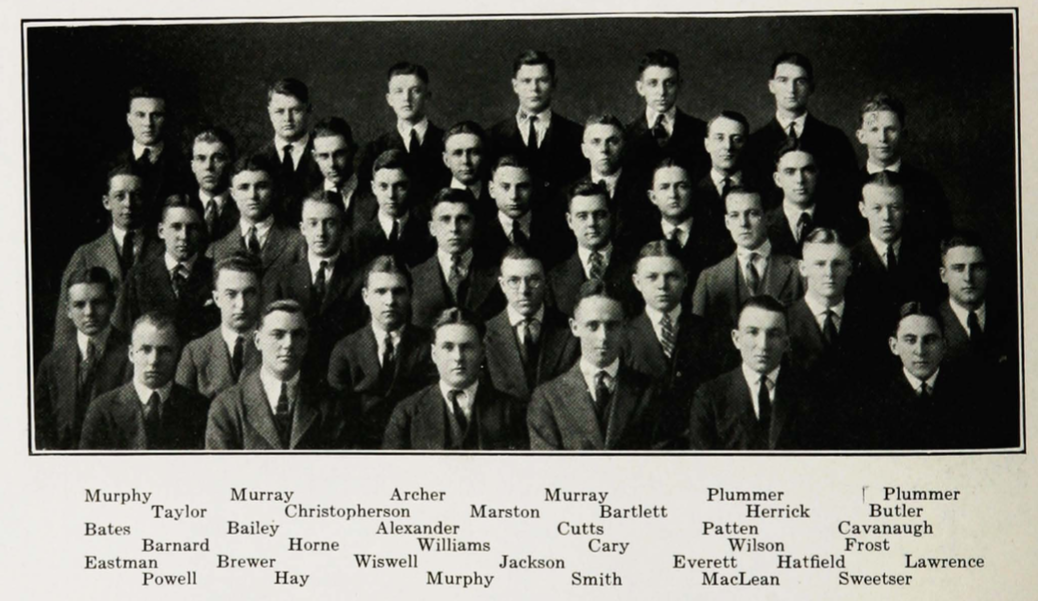
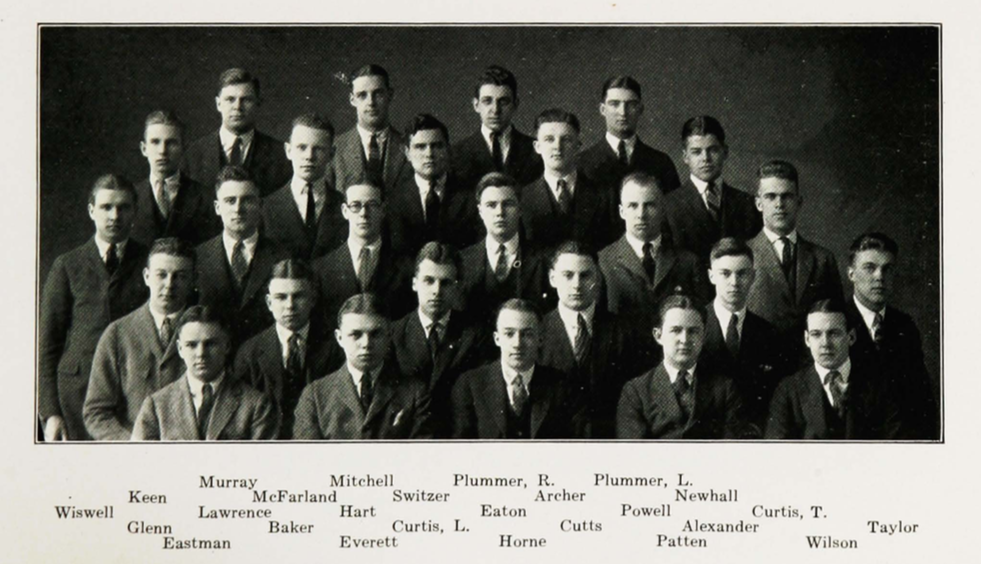
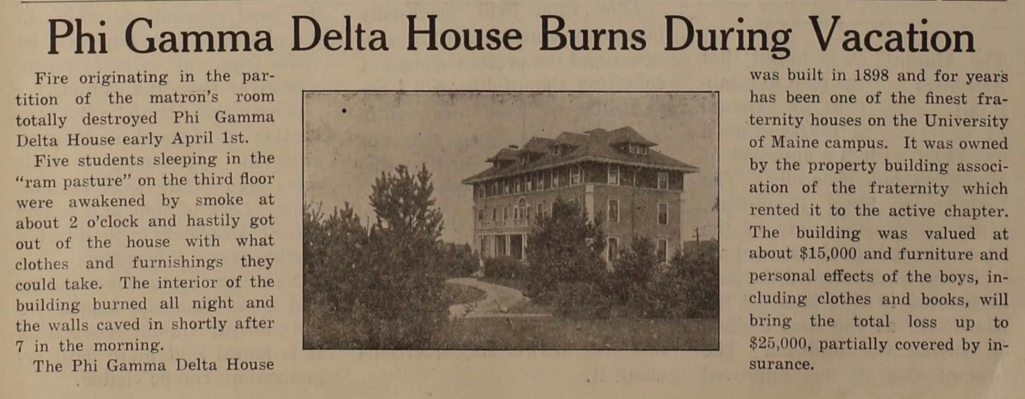
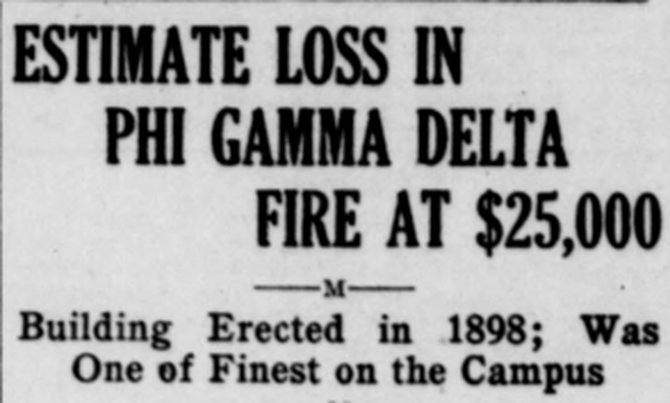
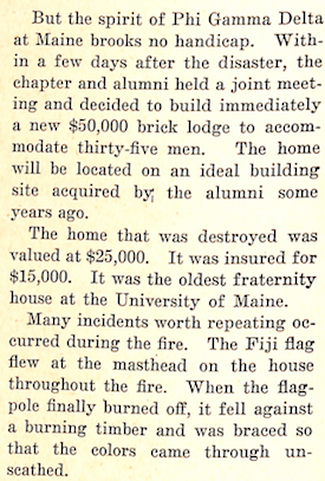
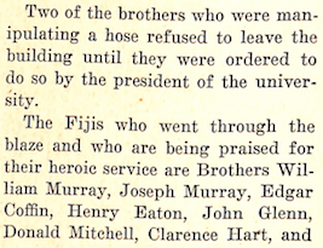
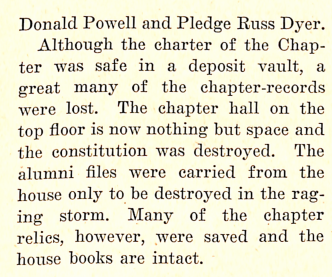
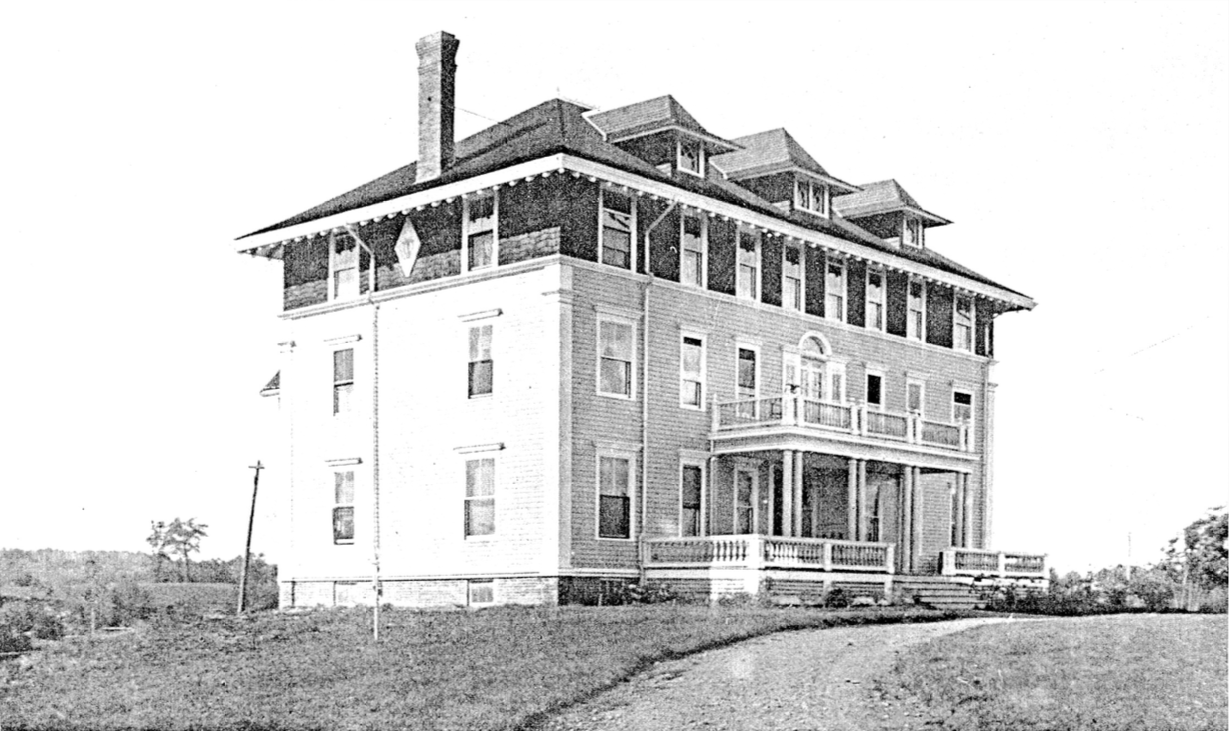

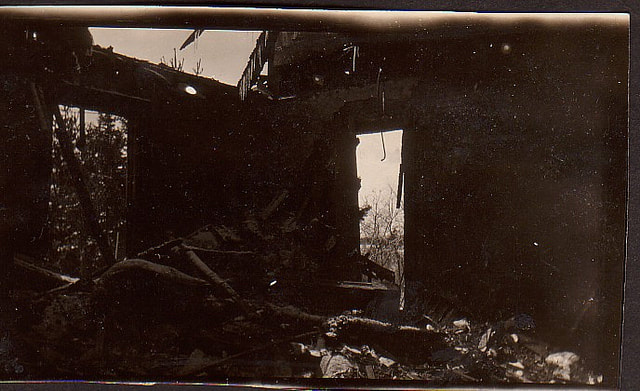


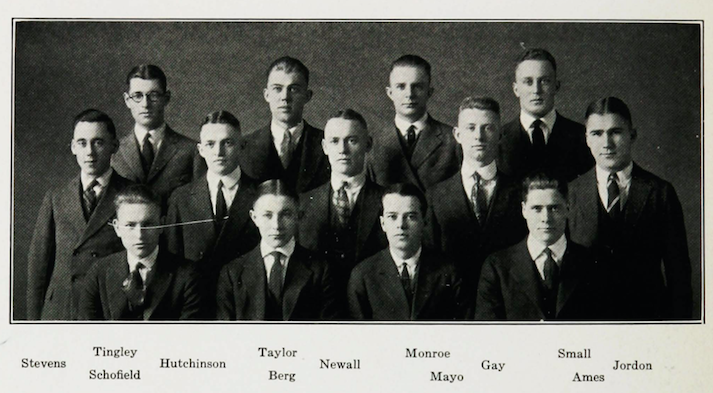

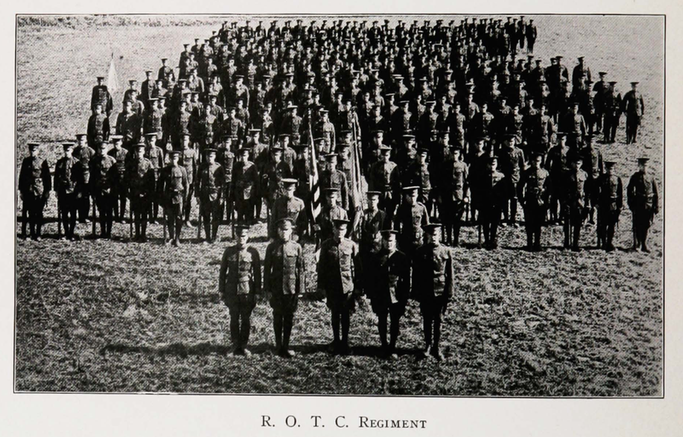
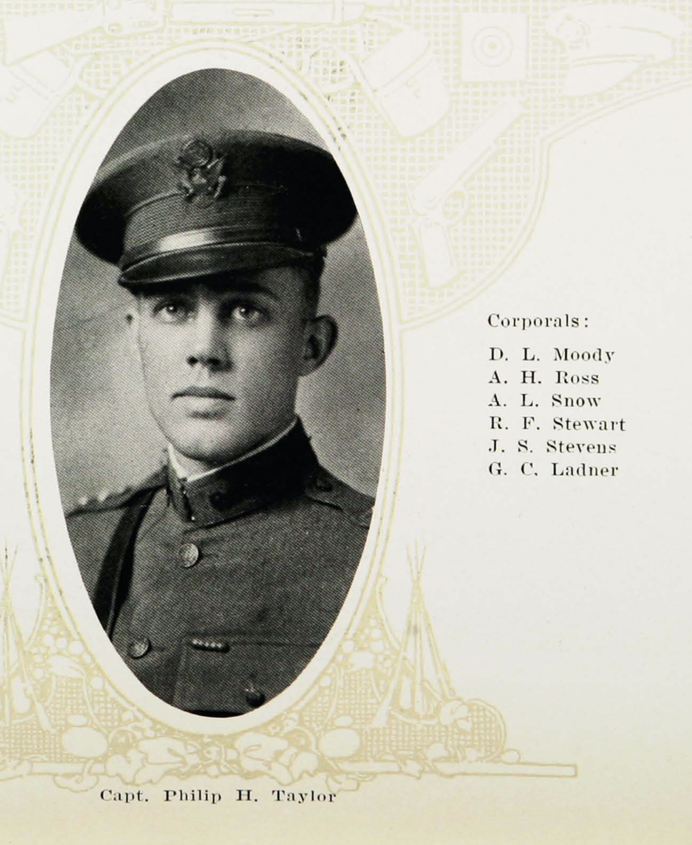
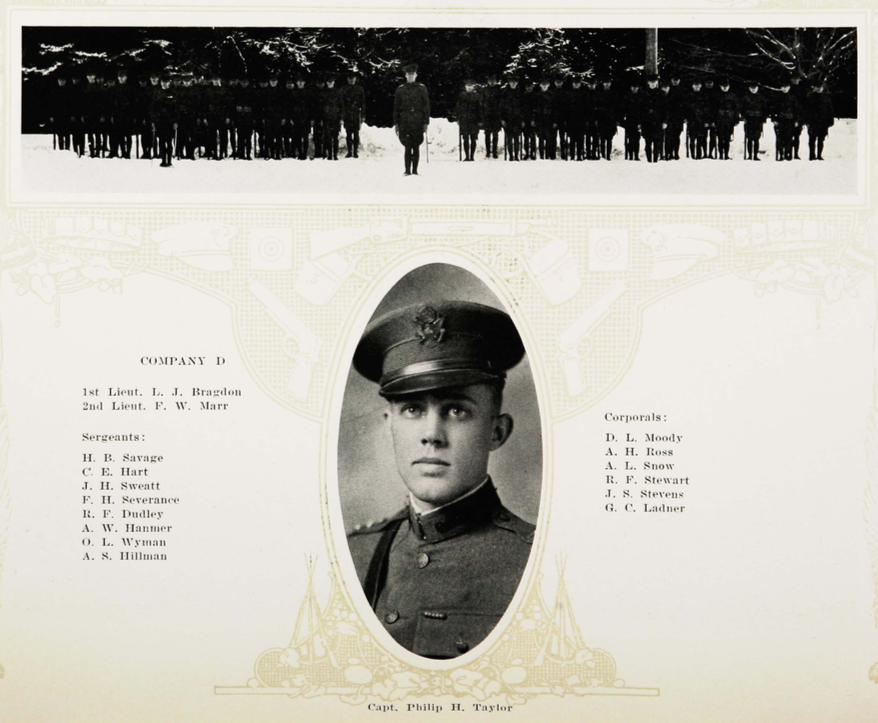




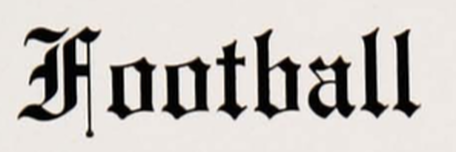
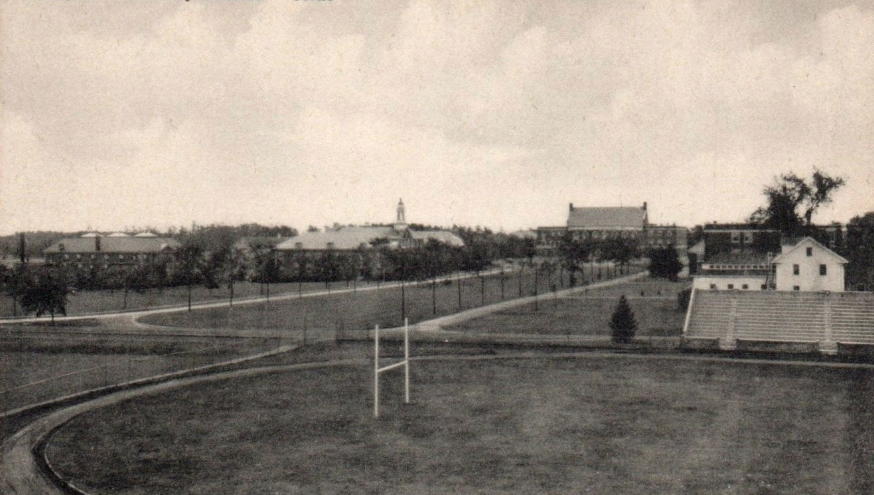
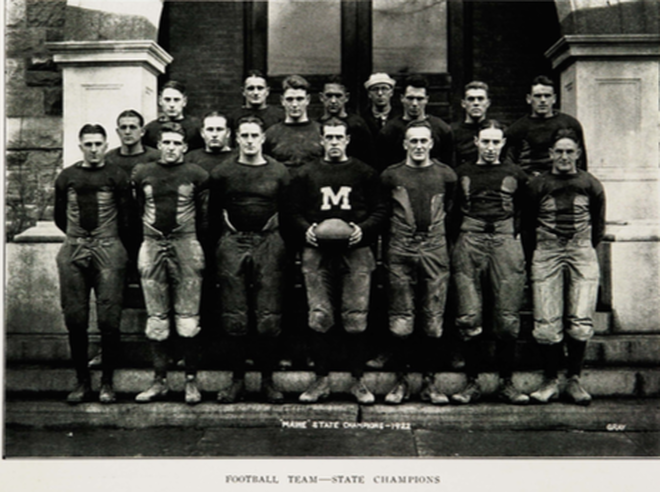
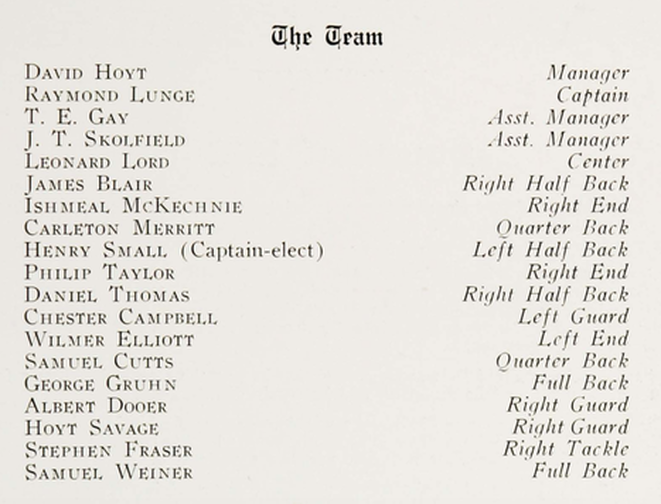
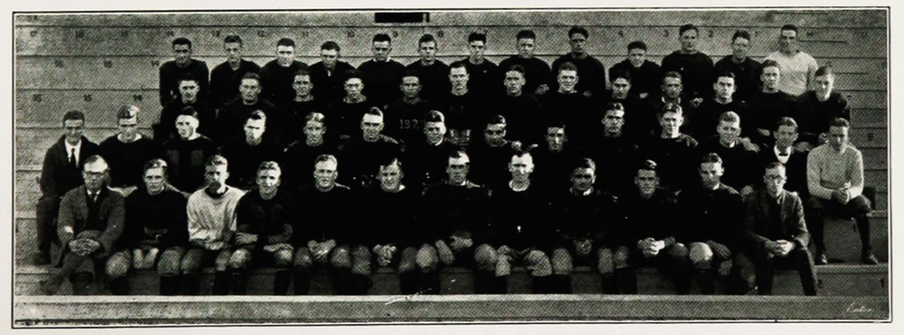
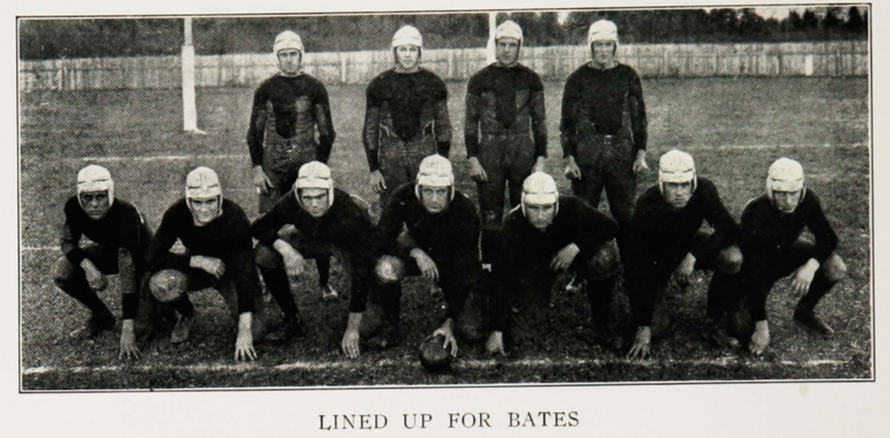
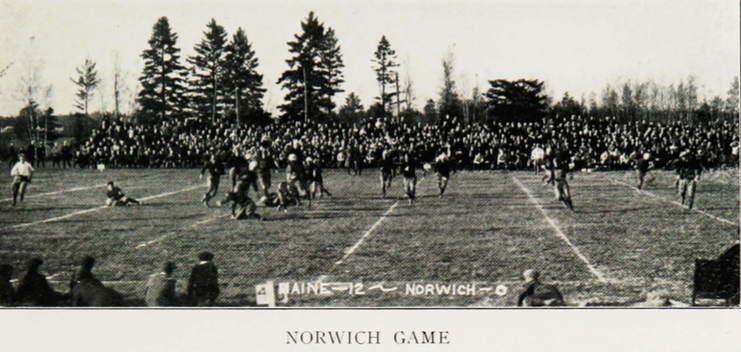
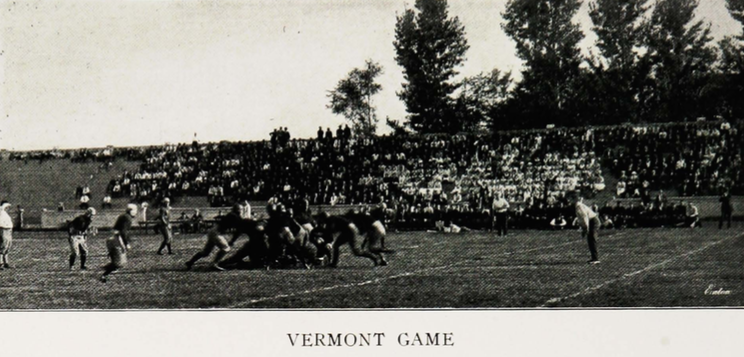
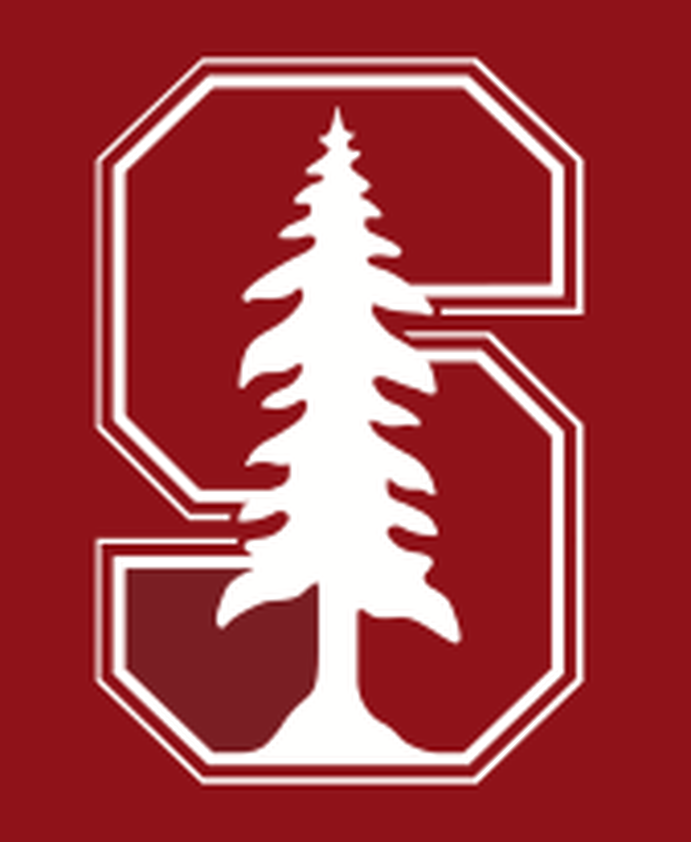
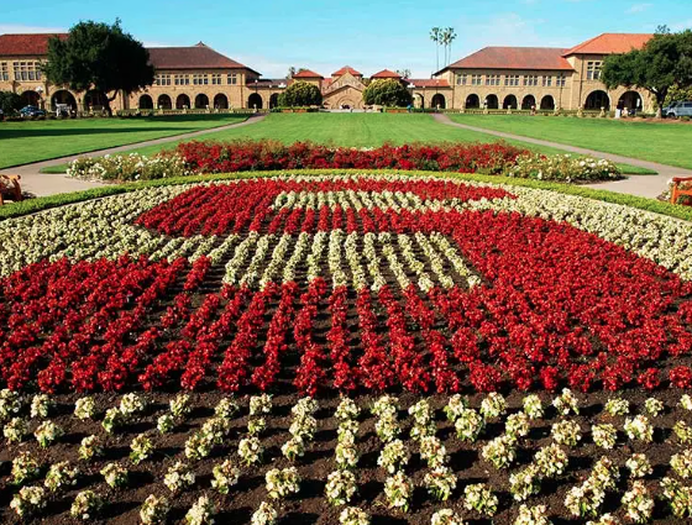
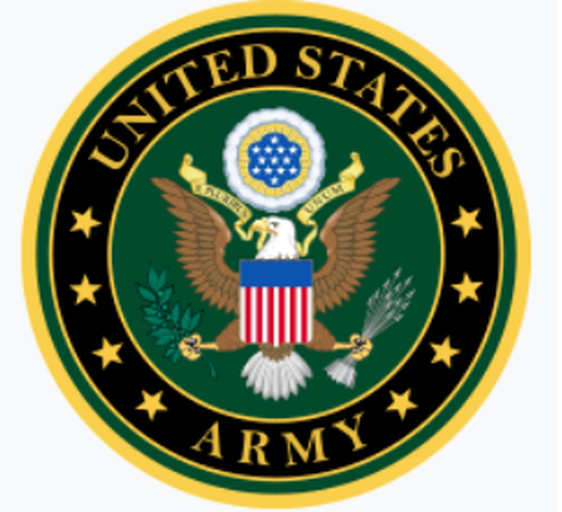
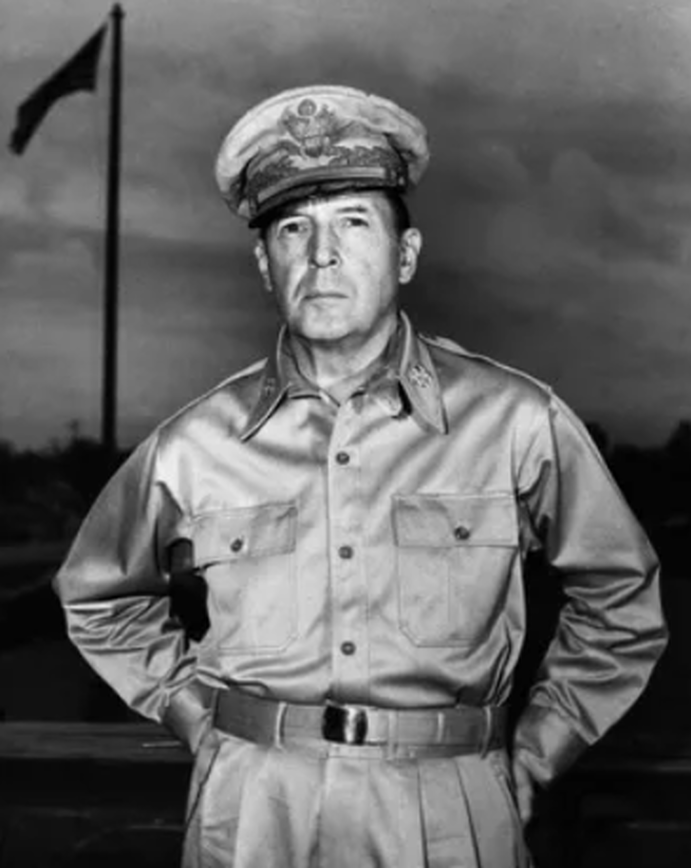
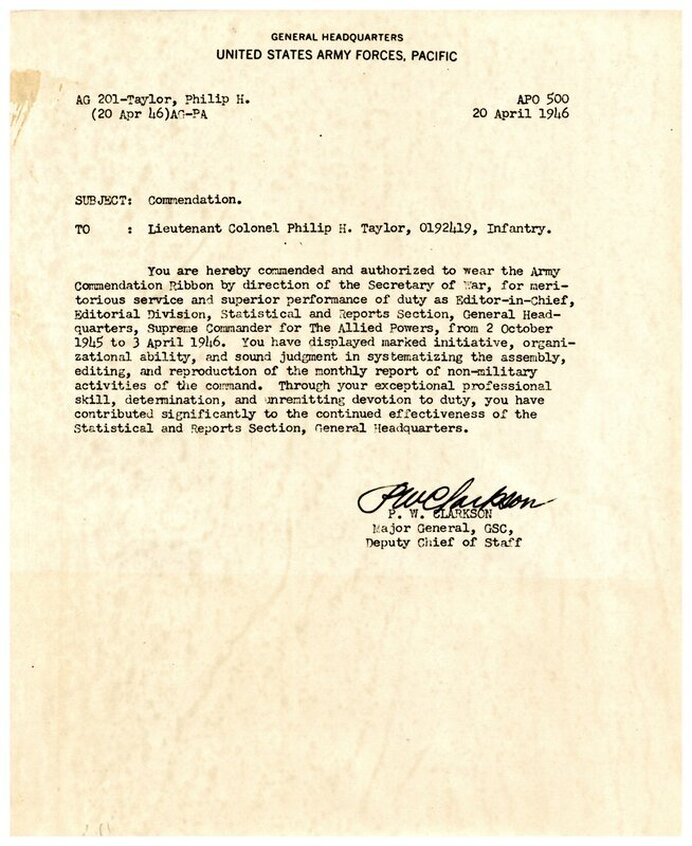
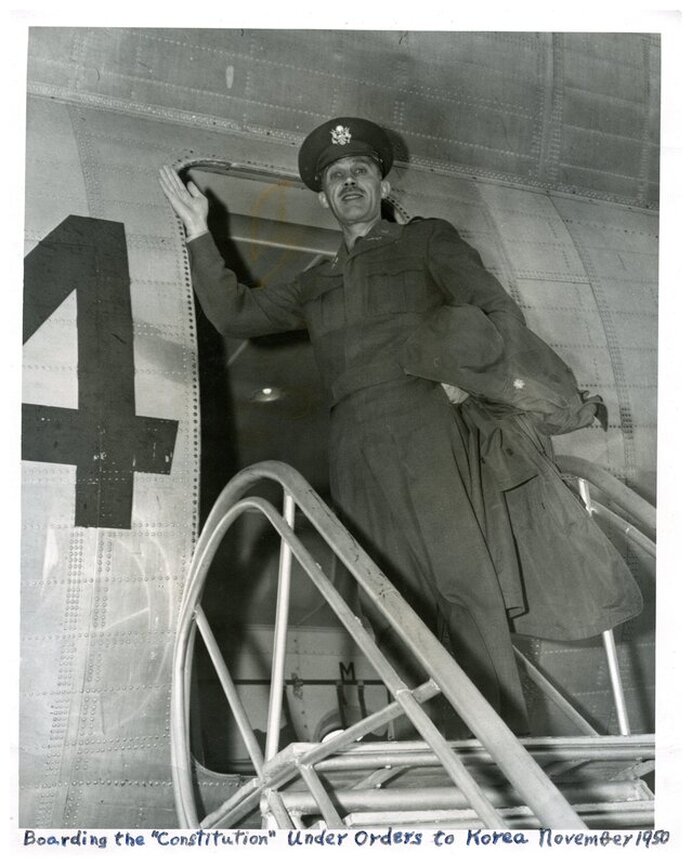
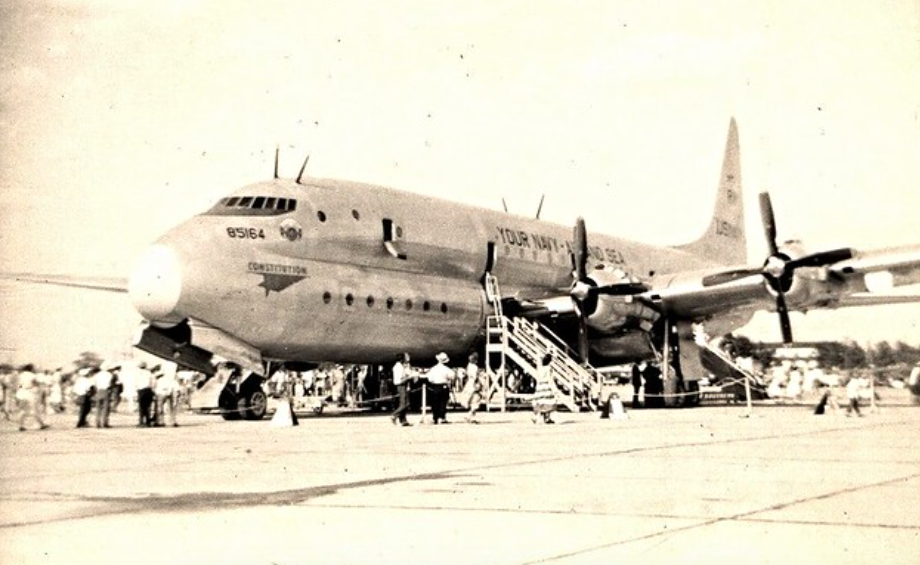
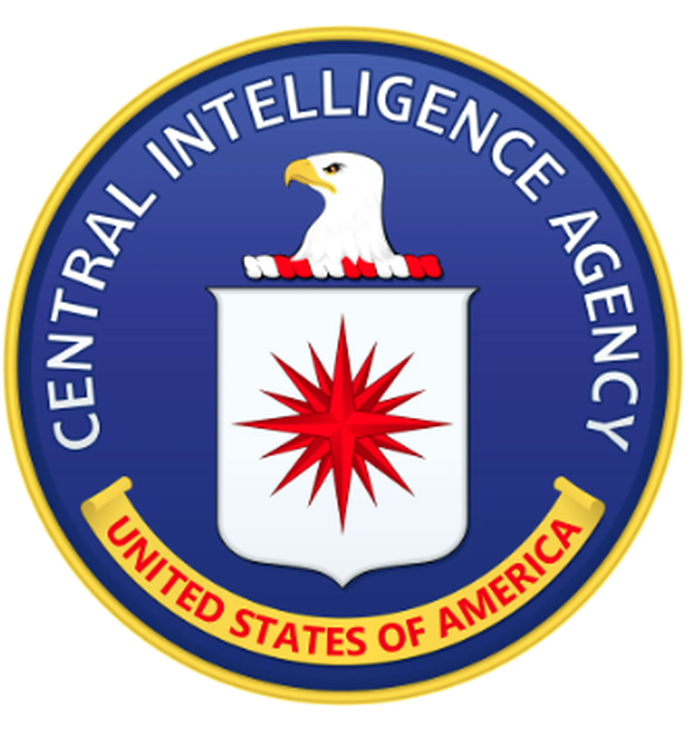
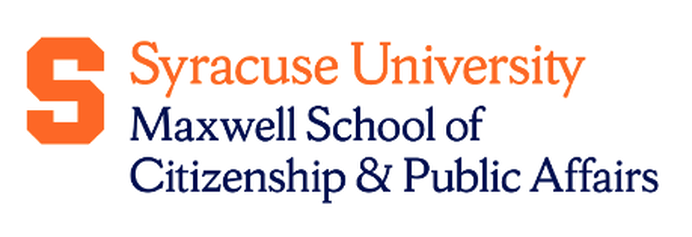
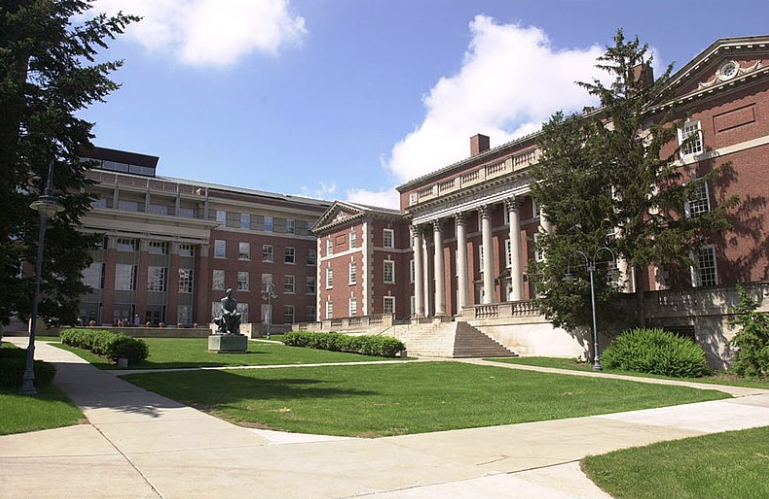
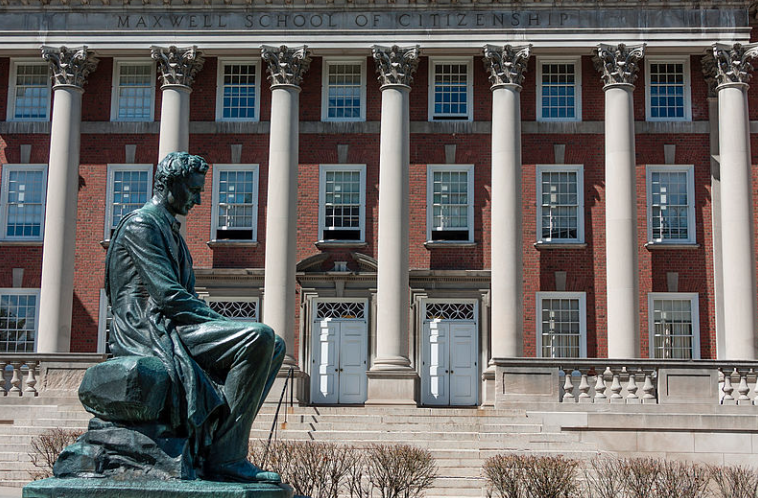

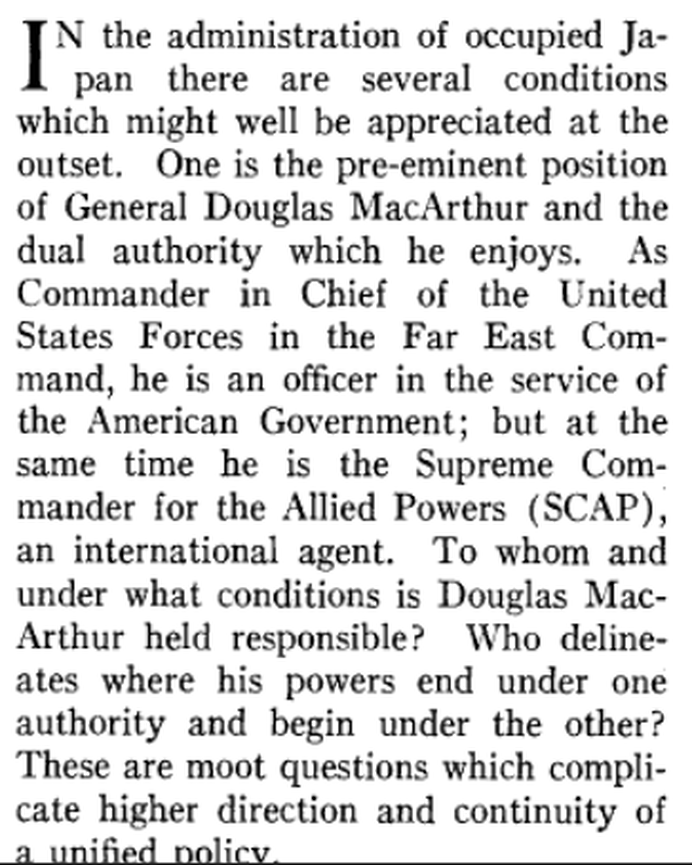
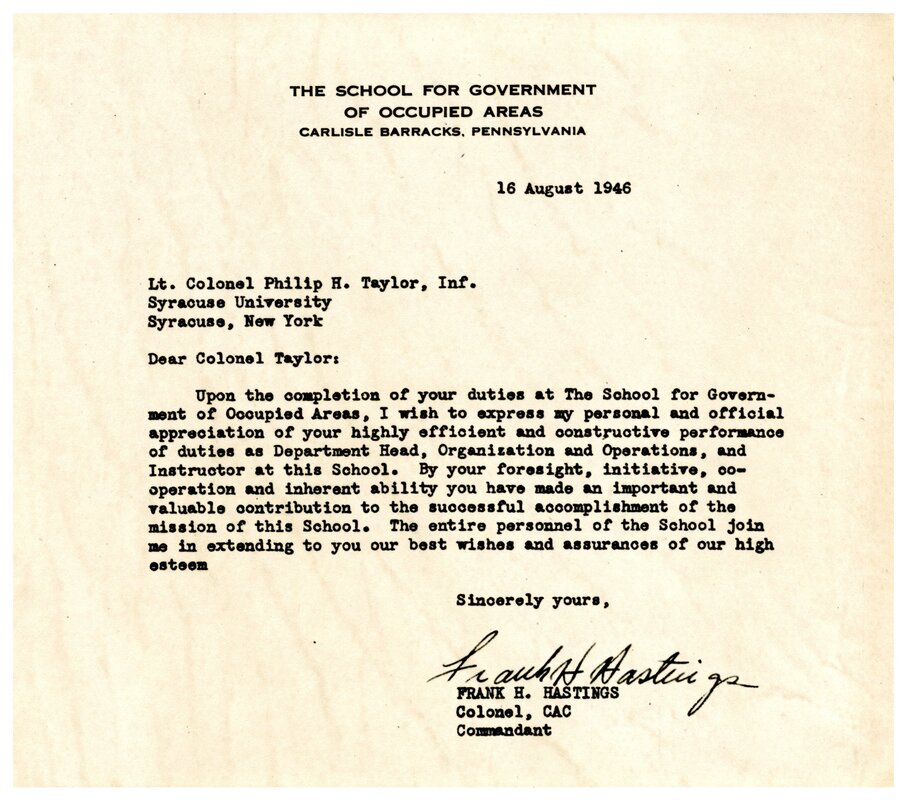
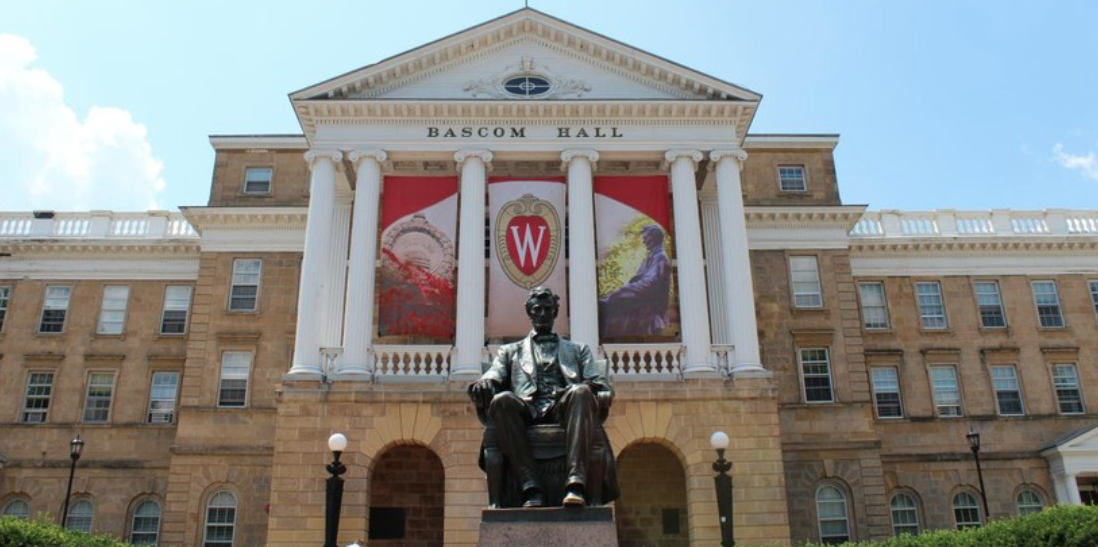
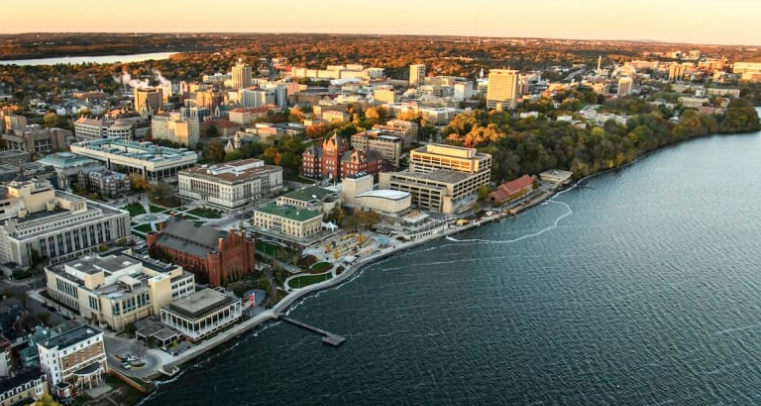
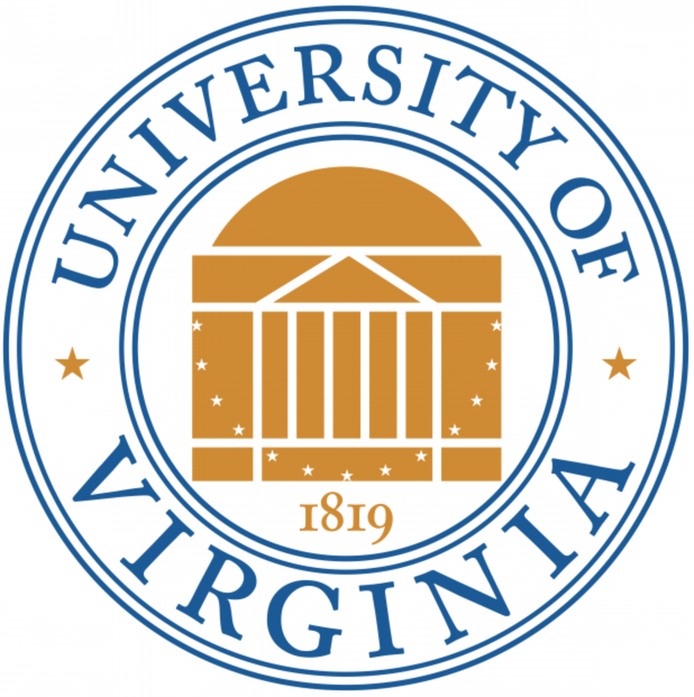
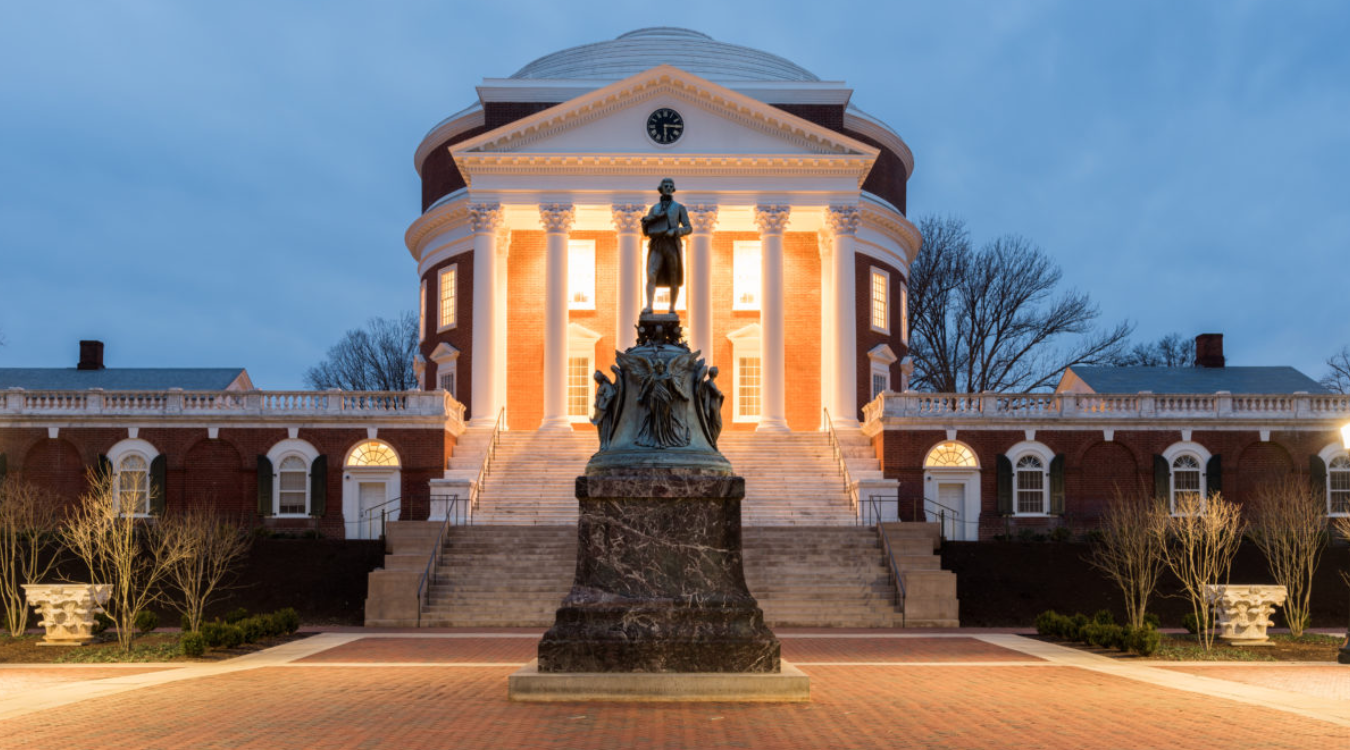
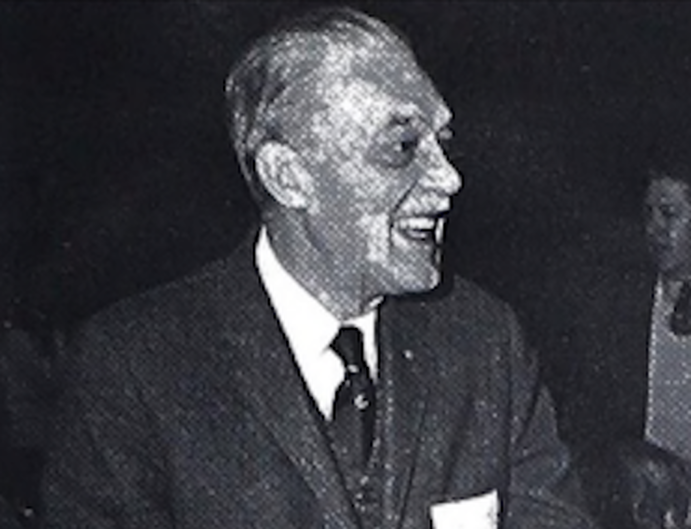
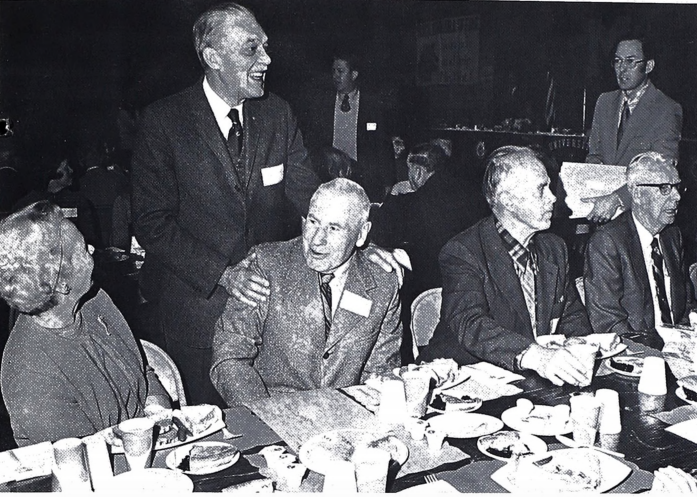
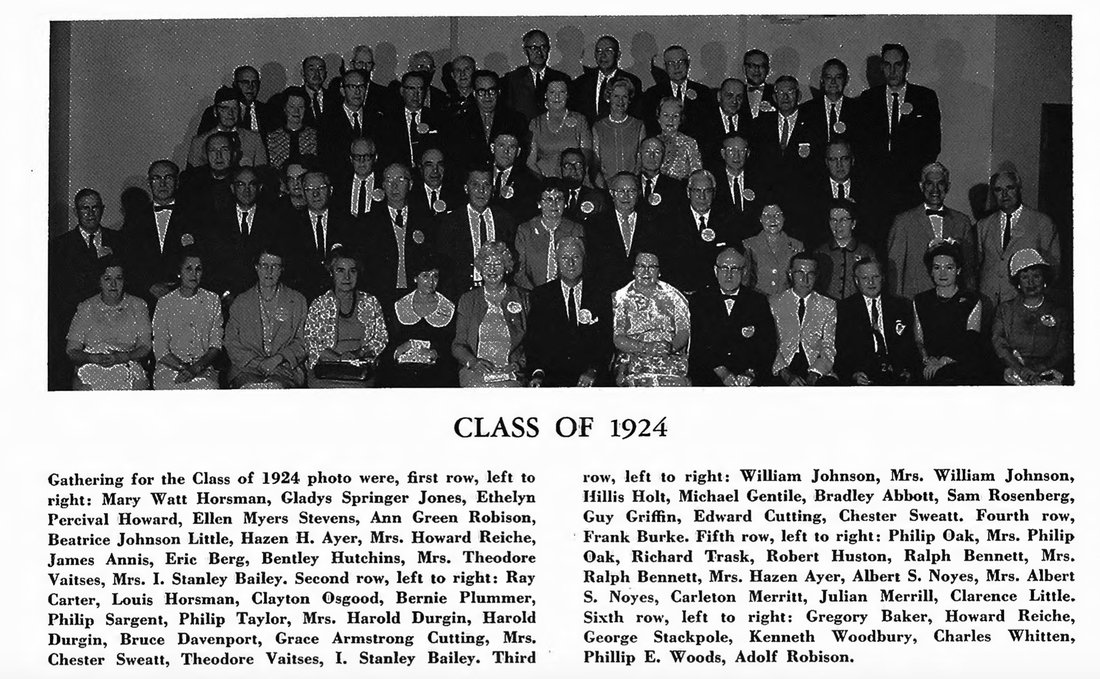


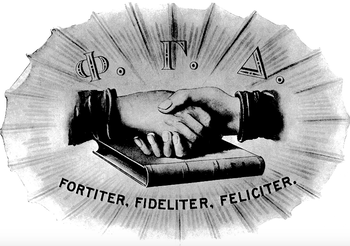

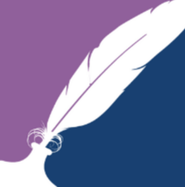
 RSS Feed
RSS Feed